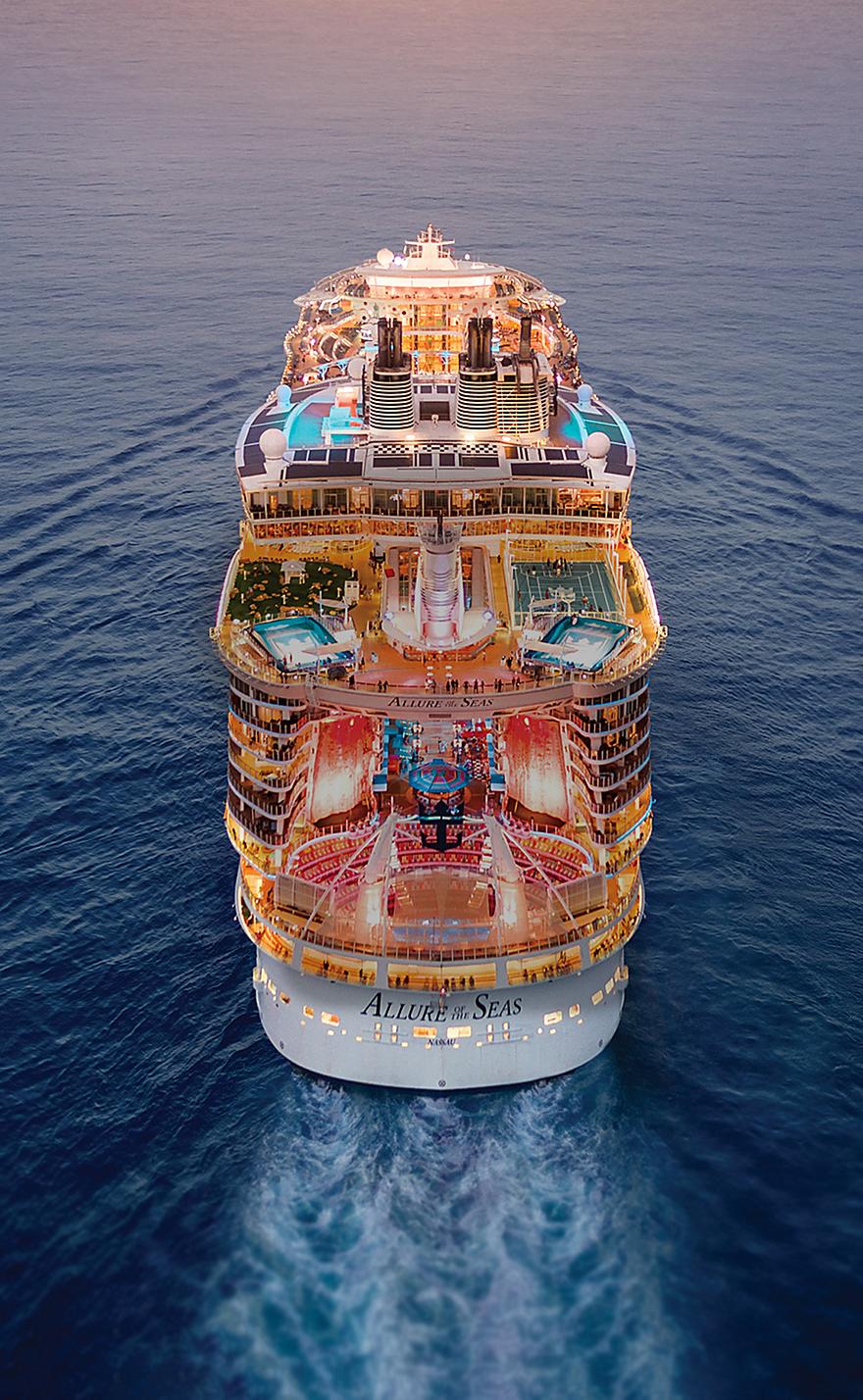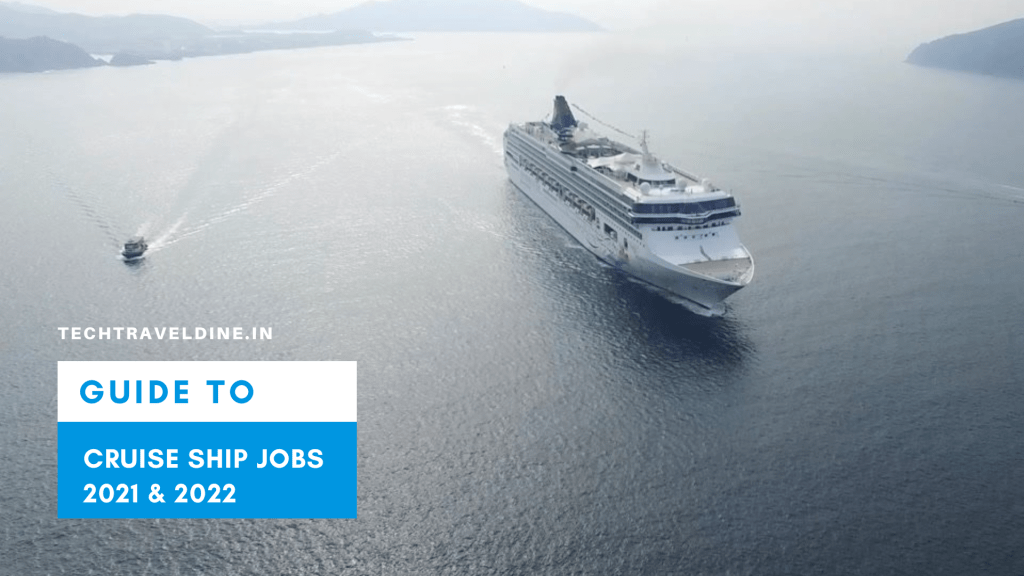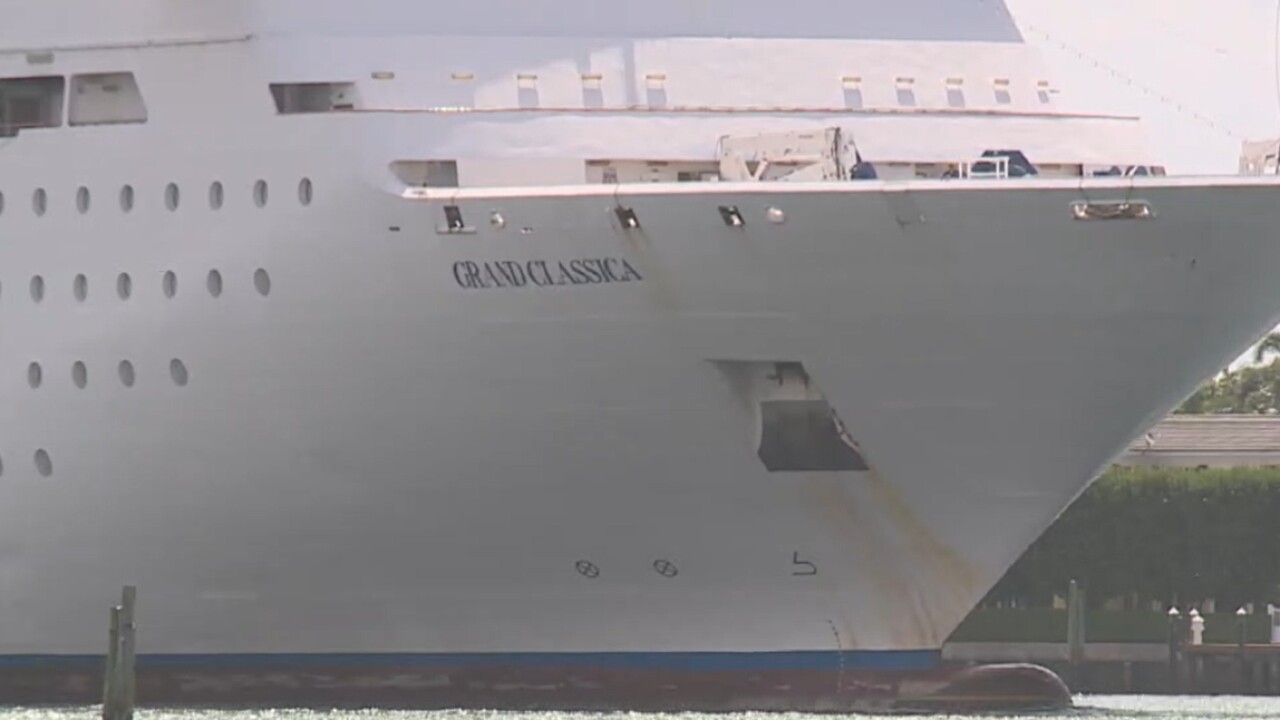
Seattle port information focuses on Seattle's port and maritime activities. The port generates jobs, taxes and international trade in Washington. It also plays a significant role in Seattle's local economy and is the largest employer in the city.
The Cruise Industry is a Key Sector of the Local Economy
Seattle has welcomed at least a half million cruise ship passengers over the last few years. It has a huge impact on local businesses and the overall economy, as each cruise ship visit generates almost $900 million of economic activity.
Pier 91 at South Lake Union and Pier 66 downtown Seattle are both cruise terminals in the Port of Seattle. These terminals each serve Carnival Corporation-owned ships (Holland America, Princess), Celebrity and RCG/RCG/NCLH/Norwegian-owned ships.
Seattle's port of entry has been one of the most popular West Coast USA homeports for over a decade. The port is now the leader in terms regional revenue, and passengers. Each year, the port welcomes more than two billion passengers. This generates local revenues of over USD four million and regional revenue of USD one billion.

It is clear that the cruise industry, which began in 1999, has played a significant role in the local economy. The industry brought in more than one million visitors and generated local revenue of USD 4+ millions. It also supported over 5,000 jobs while contributing over $100+ in state and local tax each year.
Nearly a half million cruise passengers visited Seattle this past summer. The local economy was impacted more than ever. It is predicted that this number will grow even more in 2018.
Port valet allows cruise passengers drop off their luggage before flying out of town. This saves them both time and money. Port of Seattle is also trying to boost Seattle’s economy by helping local businesses.
Pier 46 is a major change, now that there's no Cruise Terminal Plan
Pier 46 will be used as a training center for longshoremen by the Port of Seattle. The port is short of trained people to unload the large ships that arrive.
Felleman thinks that the terminal 46 may be used in the near future to store container overflows from the current terminals. He does not believe this will occur anytime soon. Felleman says the port will instead consider using some of that land to build a new ferry facility and work with Washington State Ferries.

A New Drydock for Mega-Yachts
Vigor Industrial launched a new Drydock in Port Seattle for 2019 that is capable of handling mega-yachts or mid-sized ships, such as Oceania Regatta. It is on the east end of the port, near Pier 87.
It is also close to Port's container Terminals. So it's an ideal location for drydocks that could support cruise ship berthing.
FAQ
Is a cruise all-inclusive on a ship?
It is not possible to cruise on all-inclusive ships as they do no offer meals for passengers with dietary limitations. There is no room service, laundry service, or other amenities like spas, pools, gyms, etc.
Some cruise lines offer "all-inclusive", which covers everything but alcohol. These packages often include airfare, hotel accommodations as well entertainment and beverages.
Do you have any additional information I should know before I take a cruise or go on one?
Before you take your first cruise, you need to know a lot of things. First of all, remember that you will be traveling with other people. Don't be critical of other people as you don't know their feelings about anything. Be aware that you will likely be eating with strangers. Wear appropriate clothing. You should not wear tank tops or shorts on deck. Wear comfortable clothing that you won't have to worry about getting dirty. Prepare for extreme temperatures. Be sure to pack lots of sunscreens. If you plan to spend some time outdoors, be sure to pack a hat with sunglasses and a light jacket. You are responsible for your own actions. Don't drink and drive.
How does cruising work?
You pay a deposit of $50-$100 when you reserve a cabin on a cruise. Your balance is due 30 days before departure. Check in at your cabin upon arrival at the port. You might then be able to take part in an onboard activity.
How much do I tip my Cruise Director
This varies from cruise line to cruise line. Some cruise directors are paid tips while others receive no tipping. You can ask the Cruise Director on board to find out whether they require tips. They will most likely tell you if tipping is expected.
What should I do on my cruise?
You should think about where you would like to go if you're interested in visiting other ports of call. You can also use this information to help narrow down your search. If history is your passion, then you might be interested in a cruise which visits places like Alaska, Bermuda, Canada and England. A cruise that includes places such as Jamaica and Tahiti can be a good choice if you're more into water sports and beaches.
Statistics
- *20% Gratuities Apply on Free Unlimited Open Bar; Free Specialty Dining. (ncl.com)
- In addition, 10 to 15 percent gratuity is typically added to bar bills — for alcohol and soft drinks — and gratuities are applied to spa treatments. (cruiseline.com)
- You can save 15% off the total price if you book in advance of your trip. (travel.usnews.com)
- For an example of savings, Royal Caribbean offers up to a 40% discount with a dining package. (travel.usnews.com)
External Links
How To
How to stay safe when on a Cruise Ship
Before you embark on your cruise, there are many things that you need to know. So that you don't get in trouble, it is important to know how to behave aboard. Here are some safety tips that will help you enjoy your trip.
-
Be aware of your surroundings at all times. On board a cruise ship, people tend to congregate together, especially during meals. It is easy to lose sight of your task when you are surrounded by people who want food and chat. Do not let people distract you from your task. If you see someone doing something dangerous, like smoking or drinking alcohol, tell them politely to stop.
-
Always keep your room key close to you when you board the ship, and hand over your room key to the person checking you in. This way, they'll know where to find you if anything happens to you. Your passport is also important.
-
Keep valuables away from prying eyes. Most cabins are equipped with drawers beneath the bed. That's a great place to store valuables such as passports, credit cards, and money. Also, make sure nothing valuable is visible in plain view. You should keep your bags hidden away from others.
-
Keep hydrated. Cruise ships provide plenty of water, but sometimes it's hard to remember to drink enough. Get bottled water for free on the ship. Try to avoid getting dehydrated. Dehydration can cause fatigue and make it difficult to concentrate, leading to arguments or even accidents.
-
Attention to announcements. Announcements appear everywhere, including on TV screens or public address systems. They include safety procedures and emergency exits as well as weather reports. These announcements should be heeded. These announcements might save your own life.
-
You should lock your door before you leave your cabin. No matter how friendly or helpful a crewmember may appear, lock your cabin. Thieves are known to break in through doors that are not locked. Crew members can give permission to you to use the restroom if you are in need.
-
Avoid going too far. It takes time for the ship’s crew to rescue anyone who falls overboard. Your body could be attracted by sharks or other sea animals. It's best to wait until help arrives.
-
It is forbidden to smoke in the elevator. These elevators have high pressure, so smoke can build-up quickly. If you feel dizzy and lightheaded, it is best to get out immediately. The fresh air outside doesn't necessarily mean you can breathe easily.
-
The evacuation procedure. Each year thousands of people are killed by being stuck in elevators. If an emergency occurs, follow the instructions on the screen.
-
Make sure you are familiar with the fire drill. Fire drills take place regularly, almost every day. Everyone on deck must evacuate during a drill. Follow the instructions of the crew members. Once the drill is complete, go back to your cabin and lock the door.
-
Before accepting food or drinks, ask questions. Cruisers are often concerned about food poisoning. Many people are unaware that certain foods cannot be eaten aboard ships. Most cruise ships prohibit raw oysters. If you aren’t certain whether or not the food that you’ve been served is safe for you, please politely decline to accept it and find another meal.
-
Be careful when using the pool. There have been many cases of passengers falling into the pools accidentally. This is a common occurrence. It's also possible to slip and fall on deck at any time. Wearing proper footwear is a must and paying attention to the surroundings are important.